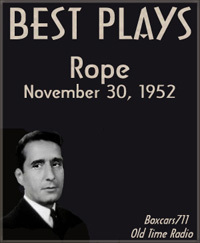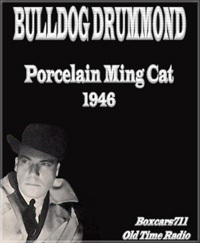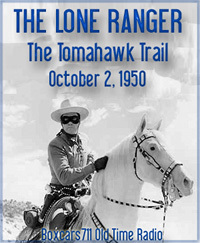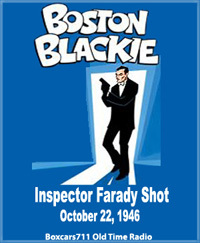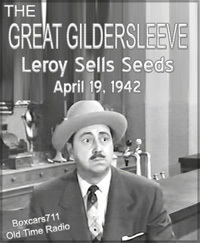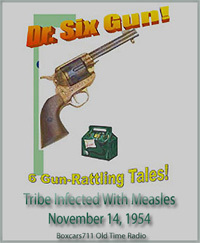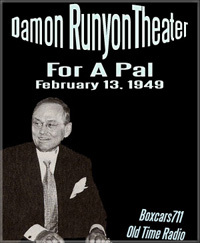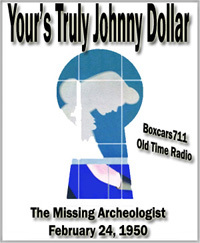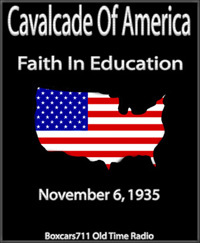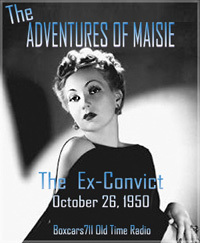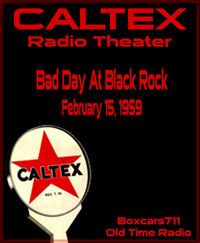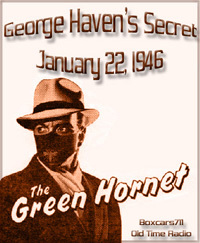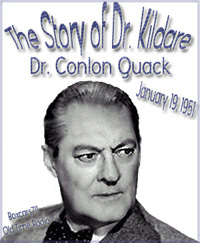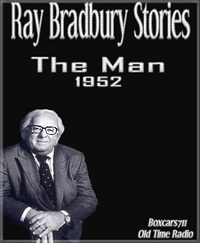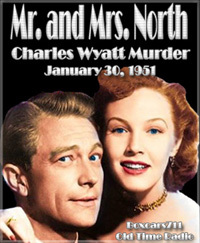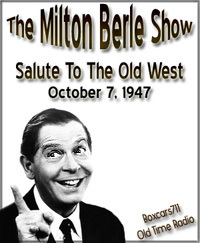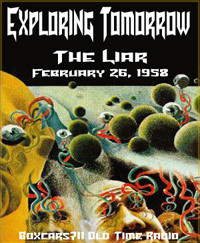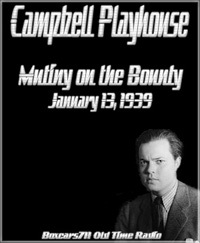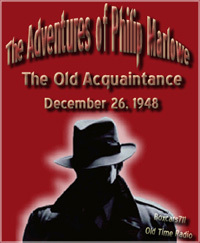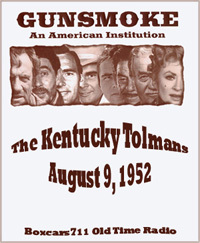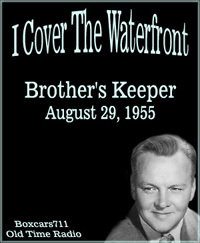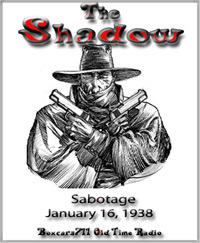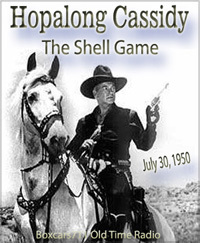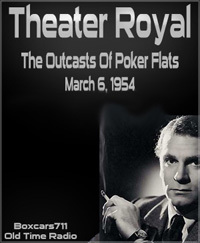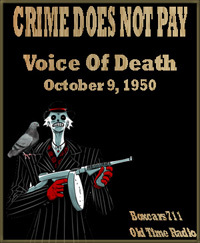
Voice Of Death (Aired October 9, 1950)
Crime Does Not Pay was an anthology radio crime drama series based on MGM's short film series. The films began in 1935 with Crime Does Not Pay: Buried Loot. For the most part, actors who appeared in B-films were featured, but occasionally, one of MGM's major stars would make an appearance. The radio series aired in New York on WMGM (October 10, 1949-October 10, 1951) and then moved to the Mutual network (January 7-December 22, 1952). Actors included Bela Lugosi, Everett Sloane, Ed Begley, John Loder and Lionel Stander.
THIS EPISODE:
October 16, 1950. Program #53. MGM syndication. "Voice Of Death". Commercials added locally. A British ventriloquist commits murder and travels to America to be with his wealthy girl friend. After murdering the girl's father, the ventriloquist imitates the dead man's voice, so as to inherit more money. The date above is the date of the first broadcast on WMGM, New York, from which this syndicated version may have been taken. John Loder, Jon Gart (composer, conductor), Marx B. Loeb (producer, director), Ira Marion (writer), Burton B. Turkas (technical advisor). 27:37.

